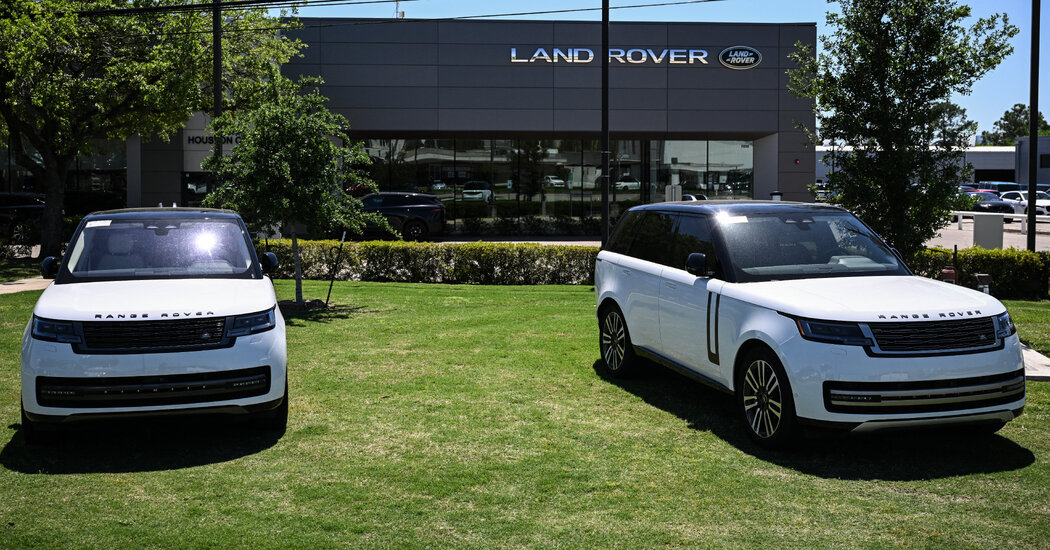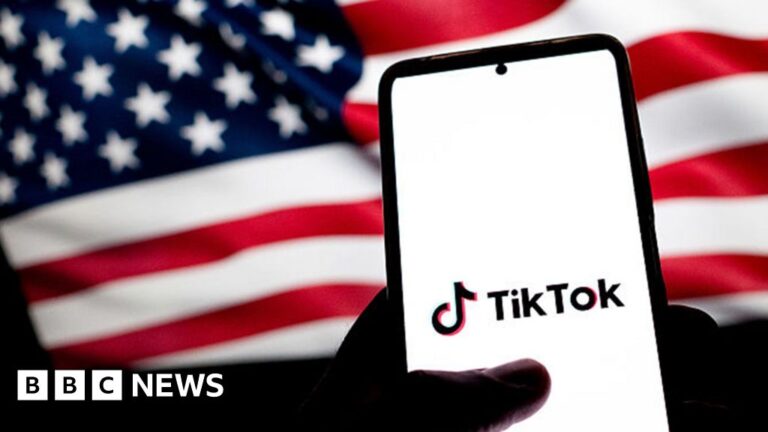Here is the plain text result:
President Trump’s 25 percent tariffs on imported vehicles, which went into effect last week, are already sending tremors through the auto industry, prompting companies to stop shipping cars to the United States, shut down factories in Canada and Mexico and lay off workers in Michigan and other states.
Jaguar Land Rover, based in Britain, said it would temporarily stop exporting its luxury cars to the United States. Stellantis idled factories in Canada and Mexico that make Chrysler and Jeep vehicles and laid off 900 U.S. workers who supplied those factories with engines and other parts.
Audi, the luxury division of Volkswagen, also paused exports of cars to the United States from Europe, telling dealers to sell whatever they still had on their lots.
If other carmakers make similar moves, the economic impact could be severe, leading to higher car prices and widespread layoffs. The tariffs on cars are among the first of several industry-specific levies that Mr. Trump has in his sights and could offer early clues about how businesses will respond to his trade policies, including whether they raise prices or increase manufacturing in the United States.
Applying the new tariff to imported cars could increase their cost to consumers by thousands of dollars, sharply reducing demand for those vehicles. For some Jaguar Land Rover or Audi models, the tariffs could amount to more than $20,000 per car.
While much of the initial impact of the tariffs has been disruptive, in at least one case Mr. Trump’s duties have had the intended effect of increasing production in the United States. General Motors said late last week that it would increase production of light trucks at a factory near Fort Wayne, Ind.
The longer-term impact of the 25 percent tariffs is unclear. Many automakers are still trying to figure out how to avoid increasing prices so much that consumers can no longer afford new cars. Investors are pessimistic. Shares of Ford Motor, G.M. and Tesla have fallen in the past several days of trading.
Everyone in the automotive supply chain is focused on what they can do to minimize the tariff impact to their own balance sheets and to prices, said Kevin Roberts, director of economic and market intelligence at CarGurus, an online shopping site.
But carmakers have never before had to deal with the imposition of such high tariffs with such little notice. Nor have they had as little insight into what the president will do next, analysts and dealers said.
The traditional playbook is not enough, said Lenny LaRocca, who leads the auto industry team at the consulting firm KPMG.
Mr. LaRocca predicted that automakers would increasingly focus on producing larger, heavier sport utility vehicles and pickup trucks. Those vehicles, many of which are assembled in U.S. factories, are usually the most profitable and give companies more room to absorb the cost of tariffs rather than passing it on to customers.
This strategy comes with downsides. It may be harder for car buyers to find moderately priced new cars. Already, the average price of a new car is almost $50,000.




